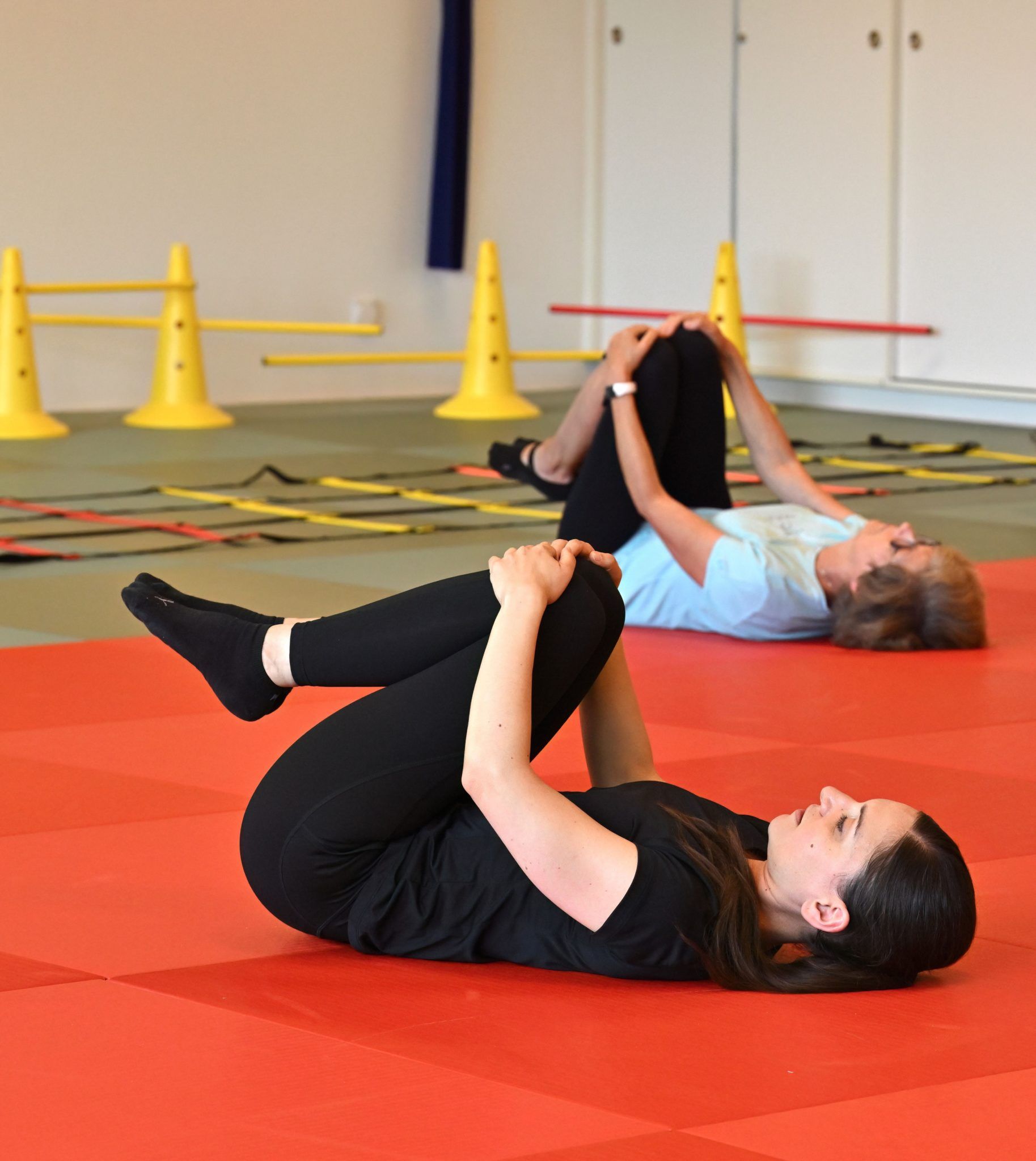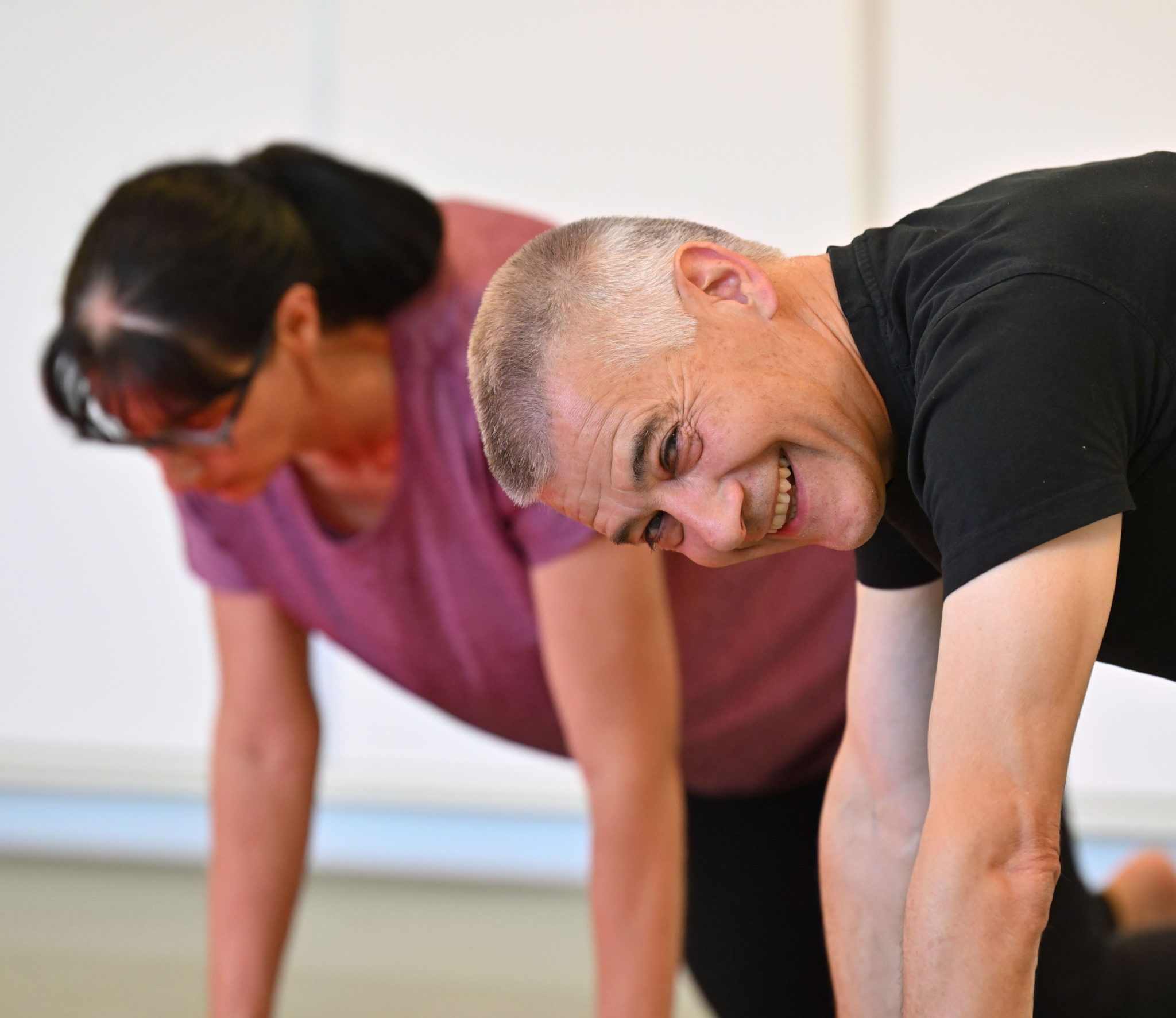OKenawa

Prevention recommendations according to the IOF
Adopt a healthy lifestyle to preserve your bones
The IOF (International Osteoporosis Foundation) recommends a healthy lifestyle to preserve bone health at every stage of life. A proactive approach, from childhood and throughout adulthood, can significantly reduce the risk of osteoporosis.
Prevention begins in childhood
- Peak bone mass: osteoporosis prevention starts early. A diet rich in bone-building nutrients and regular physical activity help children reach their peak bone mass.
- Importance in adulthood: The higher your bone mass in early adulthood, the lower your risk of osteoporosis and fractures in later life.
Adulthood: adopt good habits
- Balanced diet: Eat a diet rich in calcium and protein, two essential nutrients for healthy bones.
Vitamin D:
- Vitamin D is produced naturally by the skin after exposure to the sun. Exposure to the sun for 15 minutes a day is sufficient for the average young adult.
- To increase your intake, eat oily fish, eggs and mushrooms, as well as fortified dairy products or juices fortified with vitamin D.
- Maintain a healthy weight: A BMI below 19 can be detrimental to bone health. Maintain a healthy body weight to prevent risks.
- Stay active: Regular weight-bearing and muscle-strengthening exercises will stimulate your bones and improve your balance. Encourage activities with controlled impact, such as walking or karate, to promote the activity of bone-building cells (osteoblasts).
Avoid bad habits
- Tobacco : Smoking has a negative impact on bone density.
- Alcohol: Avoid excessive alcohol consumption, which can weaken your bones over the long term.
Be aware of your risks
- Risk factors: Find out about your osteoporosis risk factors (family history, lifestyle, associated diseases).
- Early diagnosis: Consult a healthcare professional for early diagnosis if you are at risk. Appropriate treatment can prevent the complications associated with osteoporosis.
In a nutshell
Adopting an active, balanced lifestyle, combined with a diet rich in essential nutrients, can significantly reduce your risk of osteoporosis. Remain attentive to your health, and don't hesitate to take preventive measures today to protect your bones in the long term.

The importance of exercise as we age
Seniors: a group at increased risk
Nearly 75% of hip, spine and wrist fractures occur in people aged 65 or over.
While the general prevention advice applies to all adults, there are a number of aspects that older people need to pay particular attention to in order to preserve their bone and muscle health.
Nutrition for seniors
- Inadequate nutrition: Older people often eat less, and their diet may be deficient in essential proteins, vitamins and minerals. This can lead to malnutrition and affect bone health.
- Reduced absorption: With age, the ability to absorb certain nutrients such as calcium, vitamin D and protein diminishes.
- Necessary supplements: If dairy consumption is low and sun exposure limited, calcium and vitamin D supplements are recommended to supplement dietary intake.
Physical exercise to maintain balance and strength
- Regular physical activity: As we age, we lose bone and muscle mass more rapidly. This makes regular exercise even more important.
Strengthen balance and posture: Choose activities that help improve balance, coordination, posture and muscle strength. These exercises help prevent falls and maintain an active, independent life.
- Muscle-strengthening exercises: Weight training is particularly beneficial for maintaining muscle mass and preventing bone loss.
Preventing falls
Falls are a frequent cause of fractures in the elderly. It is therefore crucial to :
- Be cautious: Take steps to prevent falls, both inside and outside the home.
- Secure the environment: Make sure your home is well laid out to prevent tripping hazards (e.g. non-slip carpets, good visibility, etc.).
In a nutshell
As we age, physical exercise becomes even more crucial to maintaining good bone and muscle health. A balanced diet, appropriate supplements and regular physical activity are the keys to preventing osteoporosis and maintaining a healthy, independent lifestyle.
For further information, visit: https://www.osteoporosis.foundation/